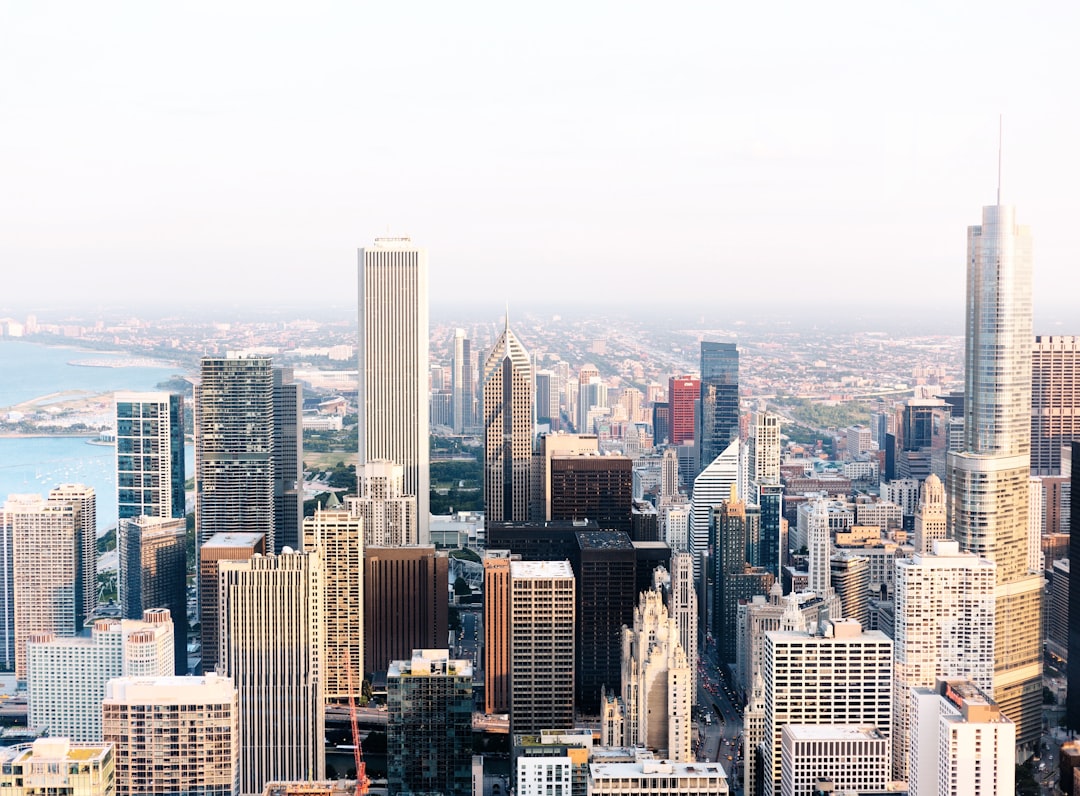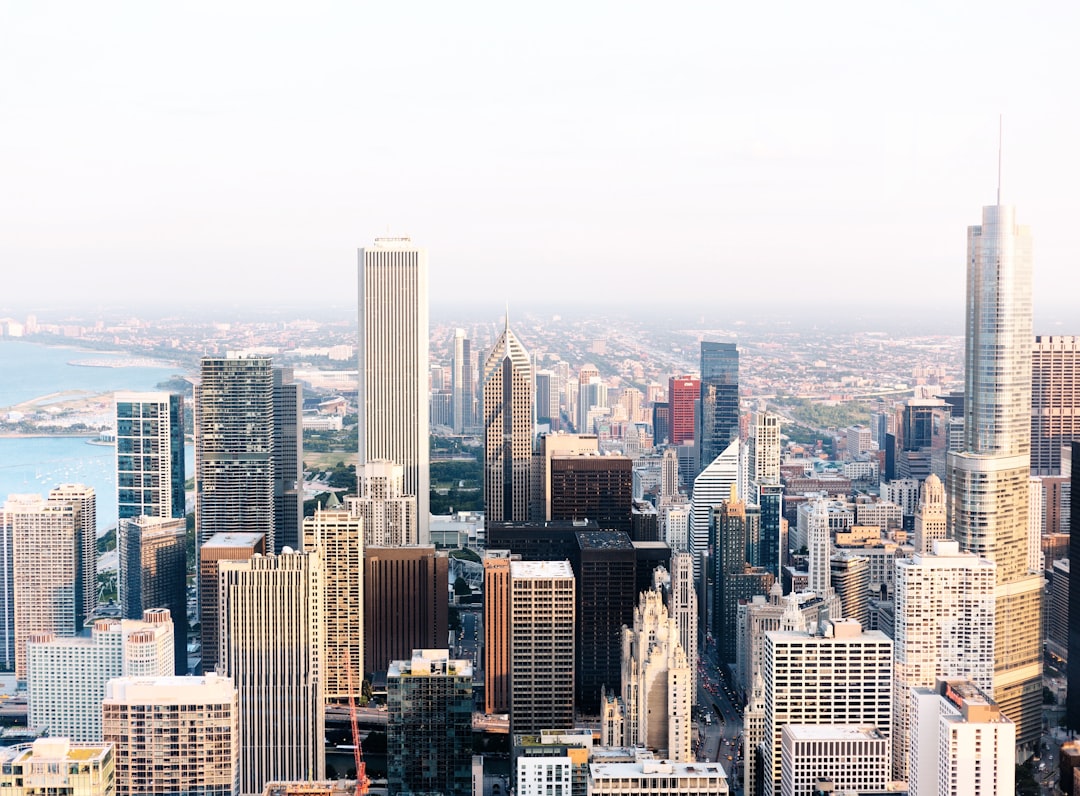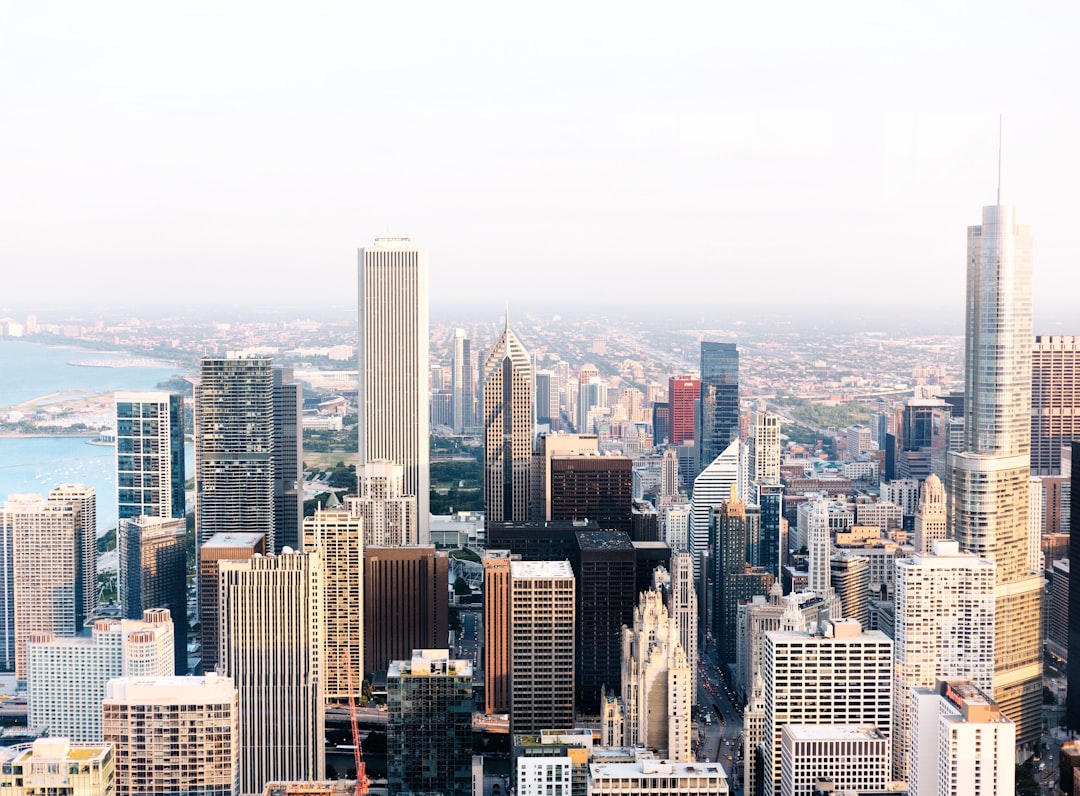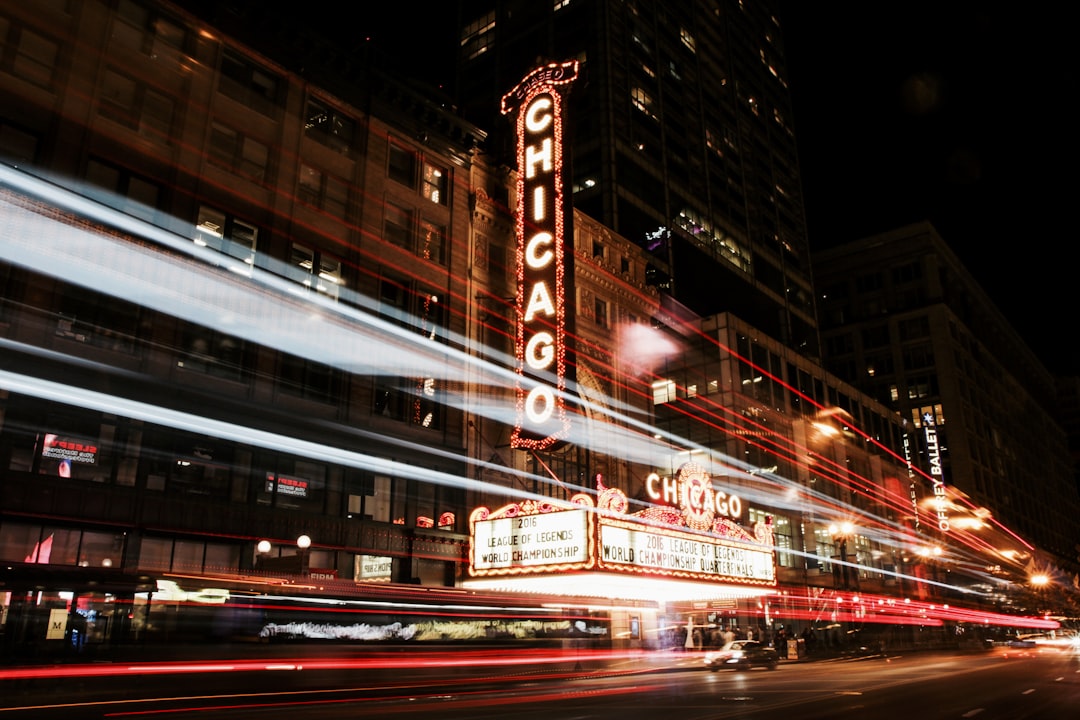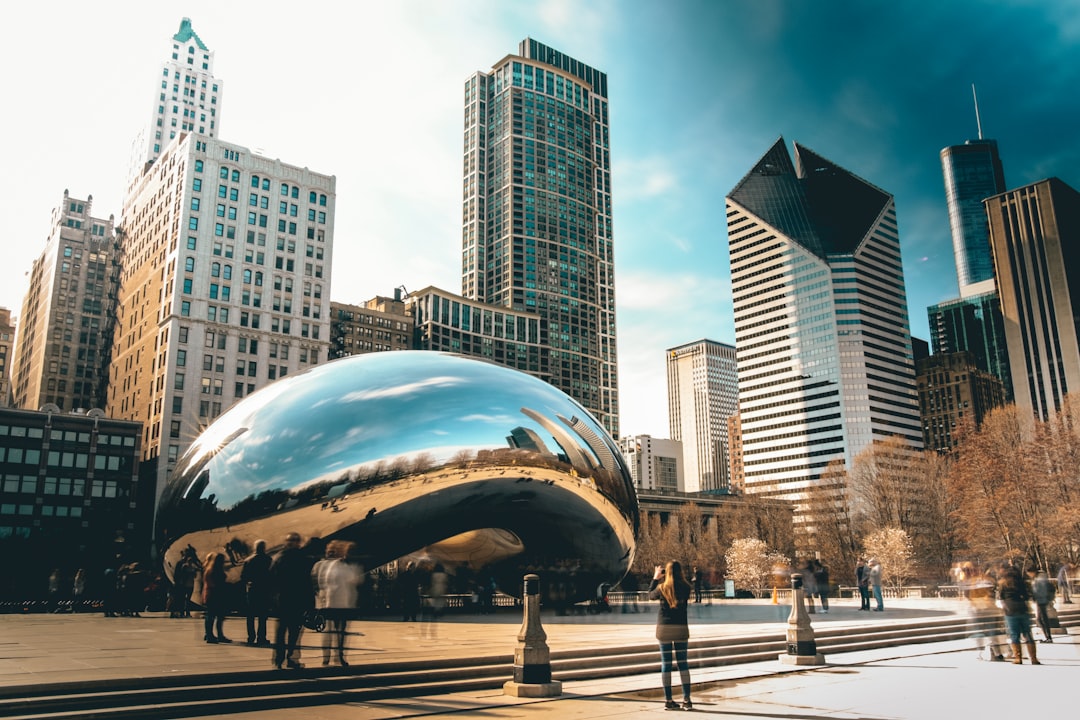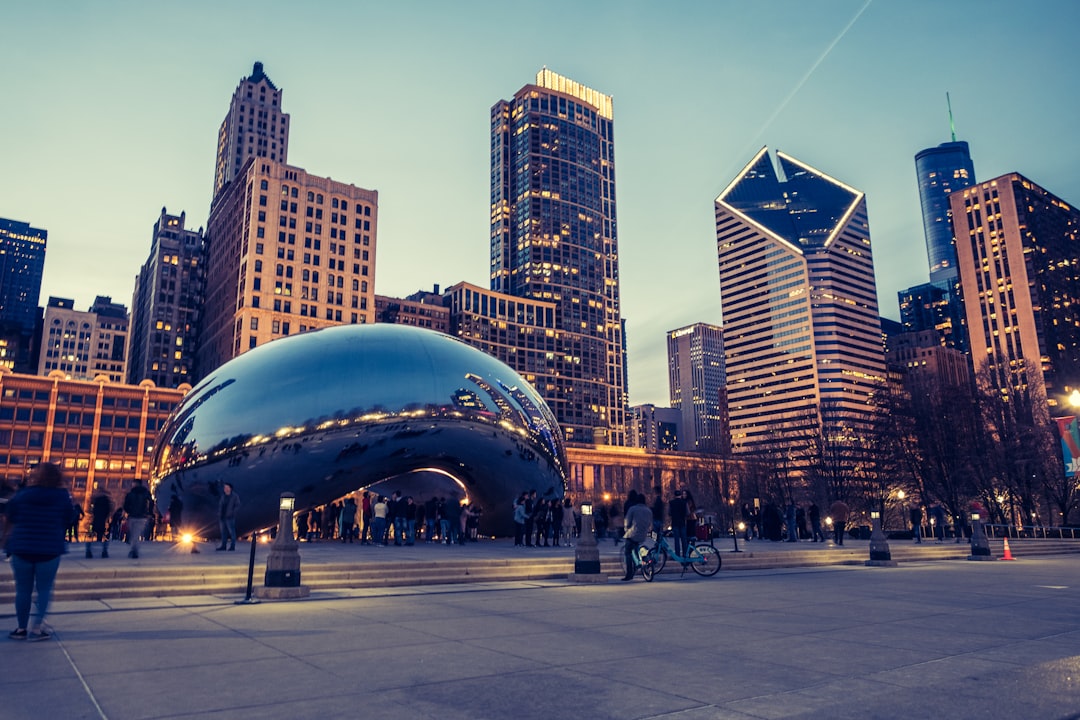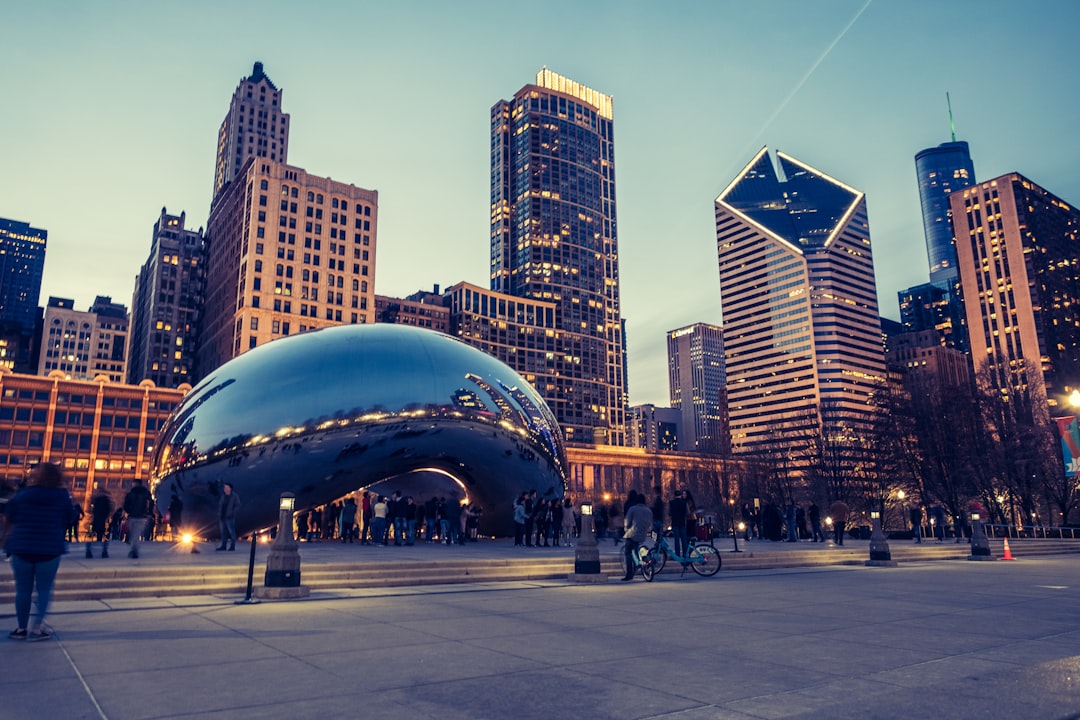Robocalls have become a major problem in urban areas like Chicago, causing privacy invasion and annoyance. This has led to a growing need for specialized legal help from autodialer lawyers and attorneys. Reputable law firms are advocating for regulatory changes and educating residents about their rights through community outreach programs, workshops, and digital campaigns. When seeking legal counsel, partner with an experienced autodialer lawyer or Chicago autodialer law firm that specializes in these issues.
Community outreach programs are vital in addressing the growing issue of robocalls plaguing local populations. This article explores how these initiatives can raise awareness about autodialer-related problems, specifically targeting Chicago’s unique challenges. We delve into effective strategies to engage residents, emphasizing the significance of community education and legal support. With an increased focus on autodialer lawyers and law firms in Chicago (including specialized autodialer attorneys), this guide offers practical steps to combat unwanted automated calls.
Understanding Robocalls and Their Impact on Local Communities in Chicago
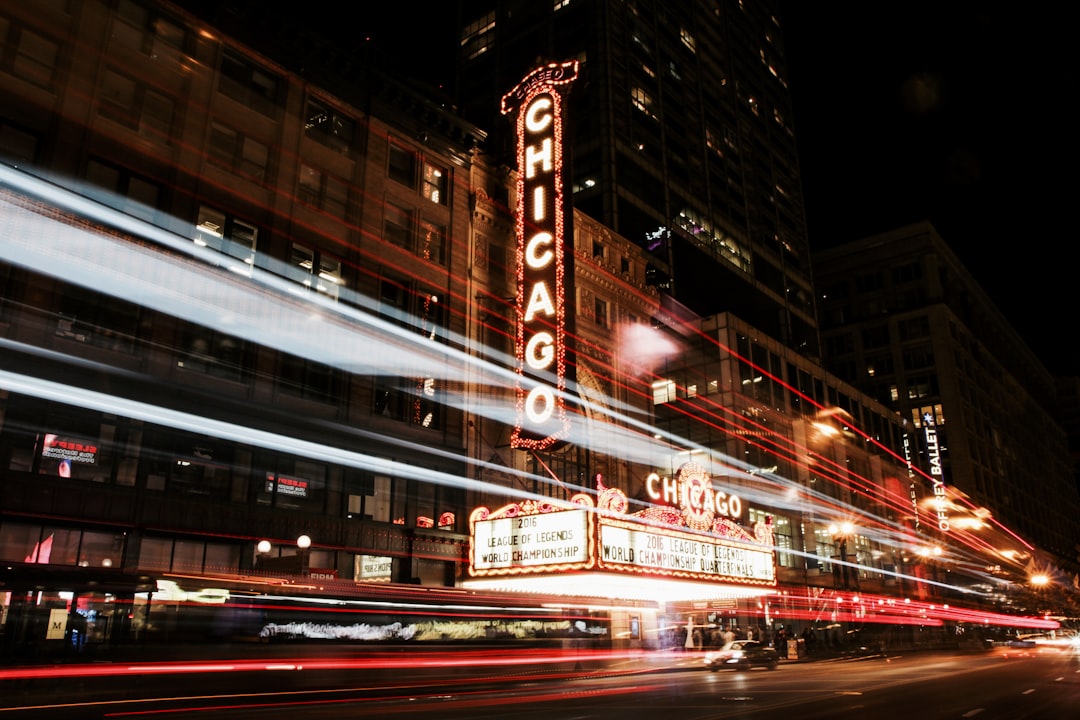
Robocalls have become a pervasive issue in modern communication, particularly within bustling cities like Chicago. These automated phone calls, often utilizing autodialer technology, are designed to deliver marketing messages or solicitations at scale. While they may seem harmless, their impact on local communities can be significant and detrimental. In Chicago, residents frequently find themselves on the receiving end of countless robocalls, leading to a sense of annoyance and invasion of privacy. The constant barrage of automated calls disrupts daily life, with many individuals feeling overwhelmed and frustrated by the lack of control over these unsolicited communications.
The effects extend beyond mere irritation. Chicagoans, especially those from diverse and vulnerable communities, may fall victim to deceptive practices employed by some autodialer operators. Misleading messages or offers can target seniors or low-income residents, leading to financial losses and a need for legal assistance. As such, there is a growing demand for specialized legal support in Chicago, with many seeking autodialer lawyers or autodialer attorneys to protect their rights. Reputable autodialer law firms in the city play a crucial role in raising awareness about these issues and advocating for regulatory changes to combat the negative impact of robocalls on local populations.
The Role of Community Outreach in Raising Awareness About Autodialer Issues
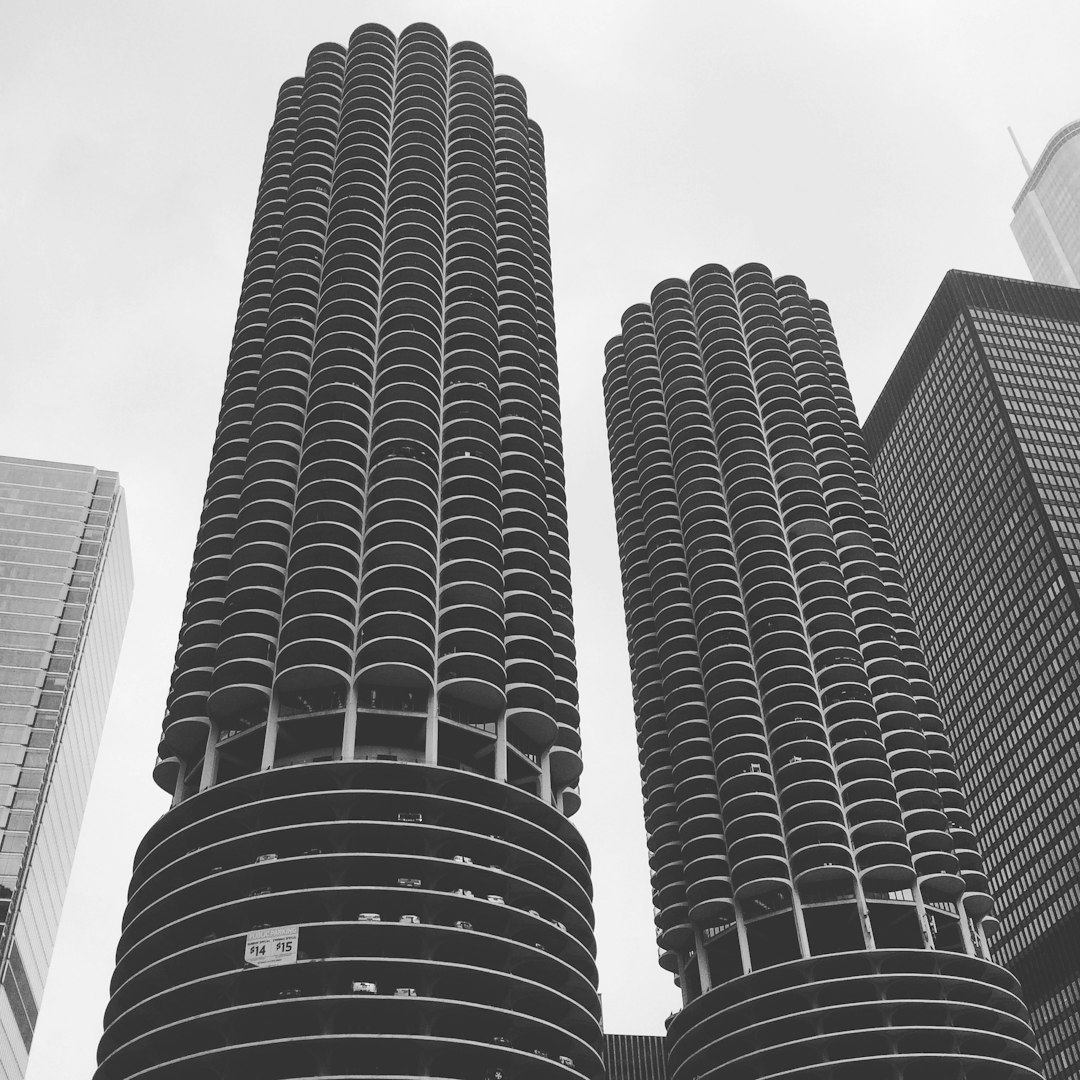
Community outreach plays a pivotal role in raising awareness about autodialer issues within local populations. By engaging directly with communities, organizations and individuals can dispel misconceptions, educate residents on the impacts of robocalls, and foster a collective understanding of the challenges posed by automated dialing systems. Through workshops, informational sessions, and targeted campaigns, community outreach empowers residents to take proactive measures in protecting their privacy and curbing unwanted telemarketing calls.
In Chicago, where numerous autodialer lawsuits have been filed due to aggressive robocalling practices, community outreach initiatives led by local law firms specializing in autodialer cases are instrumental. These efforts aim to inform residents about their legal rights, available remedies, and the importance of documenting and reporting unwanted calls. By fostering a culture of awareness and advocacy, these programs not only empower individuals to fight back against excessive robocalls but also contribute to systemic changes in how businesses conduct telemarketing activities, ultimately leading to a quieter, more respectful communication landscape for all Chicagoans.
Strategies for Effectively Engaging Residents Through Outreach Programs
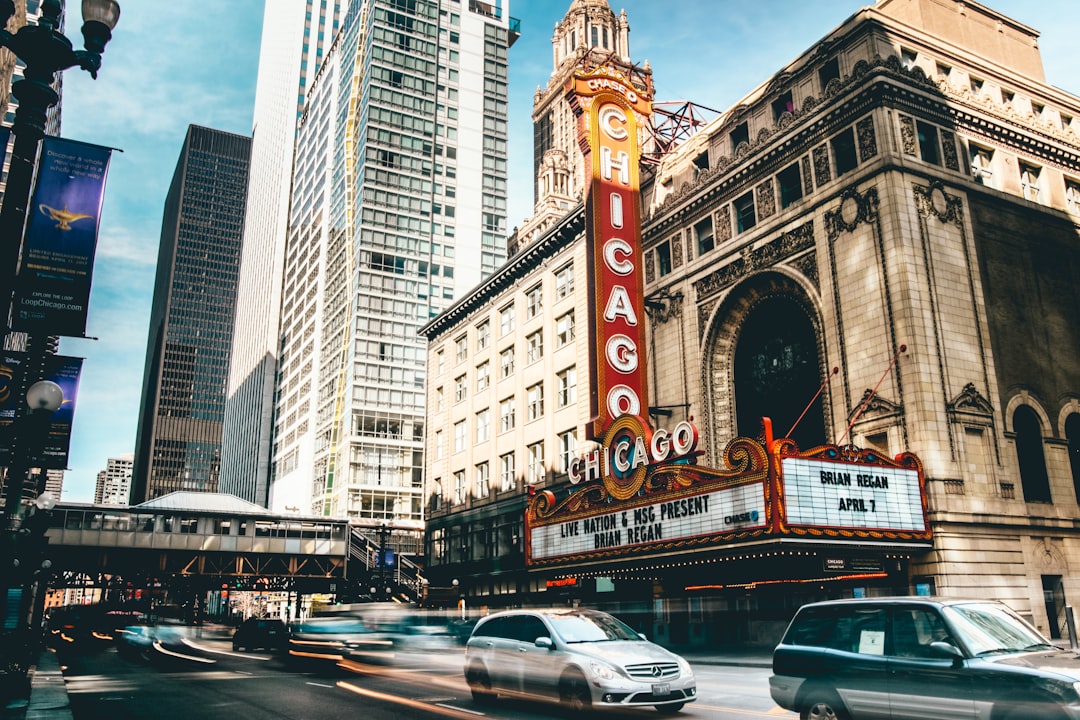
Community outreach programs play a pivotal role in educating residents about robocall issues and empowering them to take action against this growing concern. To effectively engage Chicago locals, autodialer lawyers and law firms should adopt inclusive strategies that cater to diverse communities. Hosting community forums, workshops, and informational sessions at local venues like community centers or public libraries can increase accessibility for all age groups and backgrounds. These events offer a platform for residents to learn about the legal aspects of robocalls, share their experiences, and ask questions from experts, including autodialer attorneys in Chicago.
Additionally, leveraging social media platforms and digital tools tailored to specific demographics can help reach a broader audience. For instance, engaging content targeted at younger residents on TikTok or Instagram can raise awareness through creative videos and infographics. Similarly, utilizing text message campaigns or dedicated apps can effectively communicate key messages to busy professionals who may not have time for in-person events. By combining traditional and digital outreach methods, autodialer law firms in Chicago can ensure that residents from all walks of life are informed and equipped to combat unwanted robocalls.
How to Choose the Right Autodialler Lawyer or Law Firm in Chicago for Your Needs
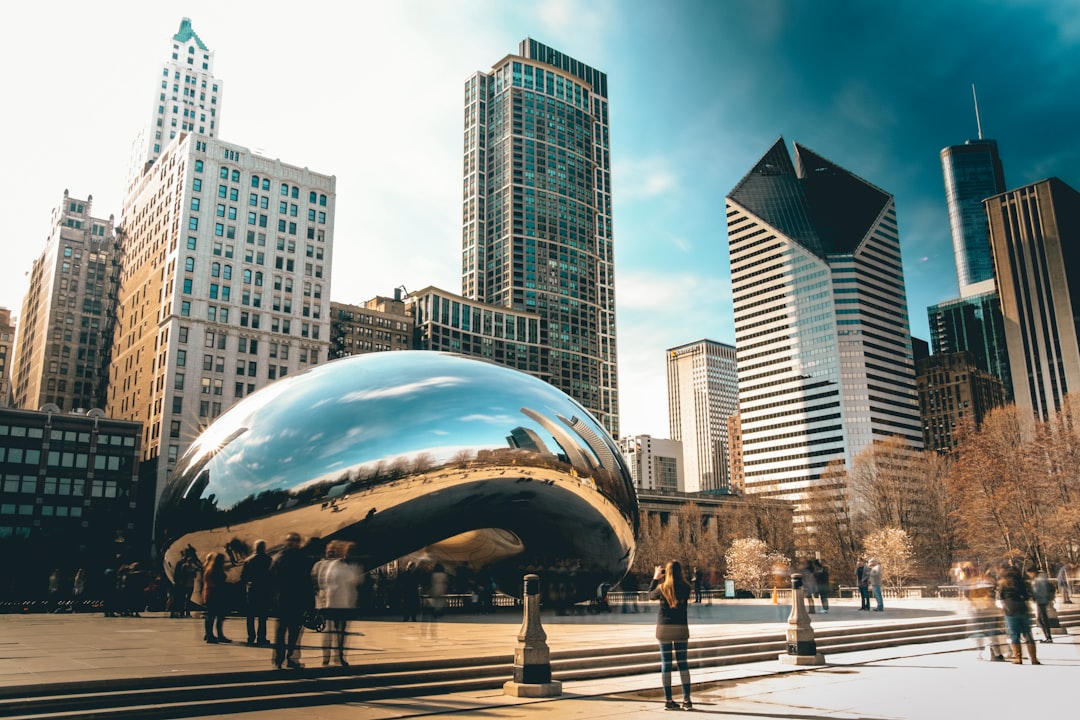
When seeking legal counsel regarding robocall issues in Chicago, it’s crucial to partner with an experienced autodialer lawyer or a reputable autodialer law firm. To ensure the right fit, start by evaluating their specialisation and track record. Look for attorneys dedicated exclusively to telecommunications law, particularly those with expertise in autodialer-related cases. This focus indicates deep knowledge of the complexities involved.
Next, assess their success rate in handling similar cases and client testimonials. Reputable firms should have a proven history of securing favorable outcomes for clients facing robocall infringements. Additionally, consider convenience and communication. Choose a local autodialer attorney or law firm Chicago easily accessible to you, ensuring open lines of communication throughout the legal process.
